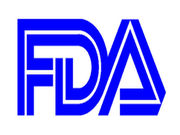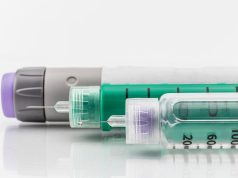For treatment of LAL deficiency, also known as Wolman disease or cholesteryl ester storage disease
TUESDAY, Dec. 8, 2015 (HealthDay News) — Kanuma (sebelipase alfa) has been approved by the U.S. Food and Drug Administration as the first treatment for LAL deficiency (Wolman disease or cholesteryl ester storage disease).
Patients with LAL deficiency produce little or none of the enzyme lysosomal acid lipase (LAL). This causes fat build-up in the body that can lead to liver and cardiovascular disease and other complications. The disease, affecting up to two people per million births, often presents during the first two-to-four months of infancy, the FDA said in a news release. Life expectancy depends on the disease’s severity and its complications, the agency said.
Kanuma is human LAL that’s produced by genetically modified chickens in their egg whites. Neither the chicken or its eggs are allowed in the food supply, the FDA said.
The injected drug is given once weekly or once every other week. Of nine infant clinical trial participants treated with Kanuma, six were alive at 12 months of age, compared with no surviving infants among the 21 given a placebo, the FDA said. The most common human side effects of the drug included diarrhea, vomiting, fever, rhinitis, anemia, cough, headache, constipation and nausea. No adverse outcomes were noted in the chickens.
Kanuma is produced by Cheshire, Conn.-based Alexion Pharmaceuticals.
Health News Copyright © 2015 HealthDay. All rights reserved.








